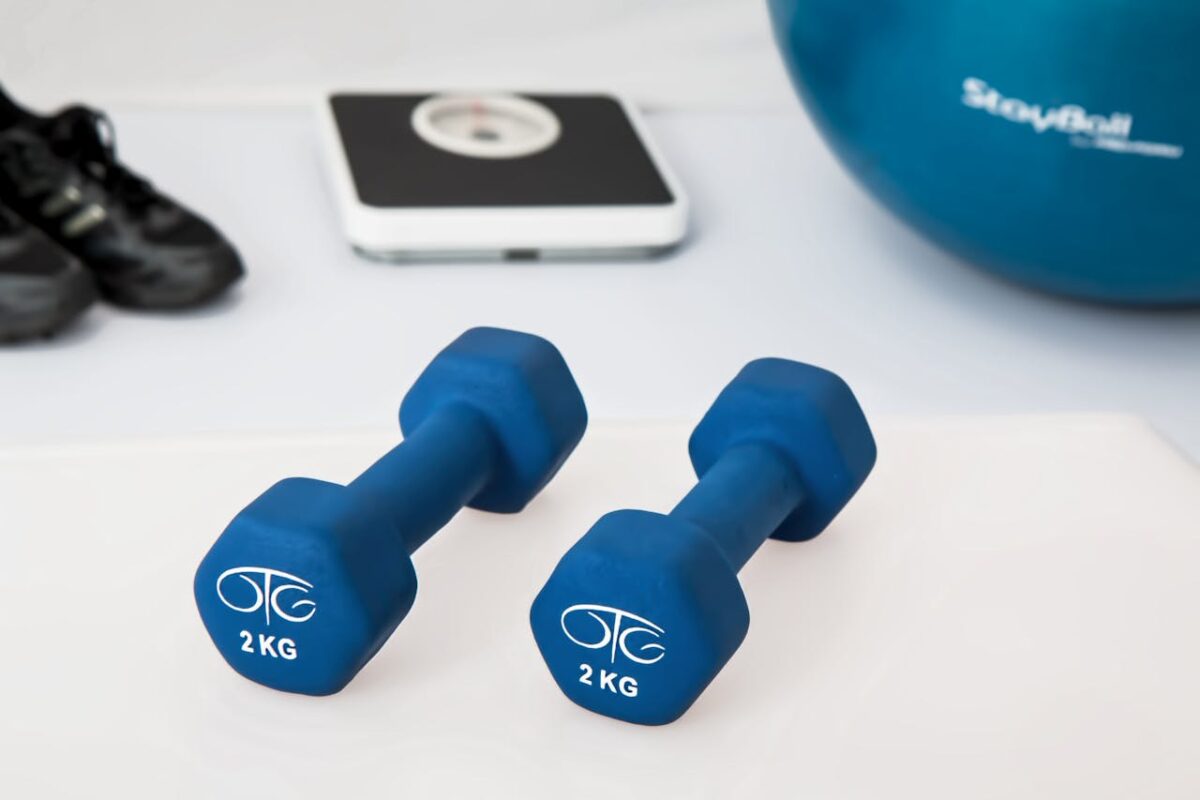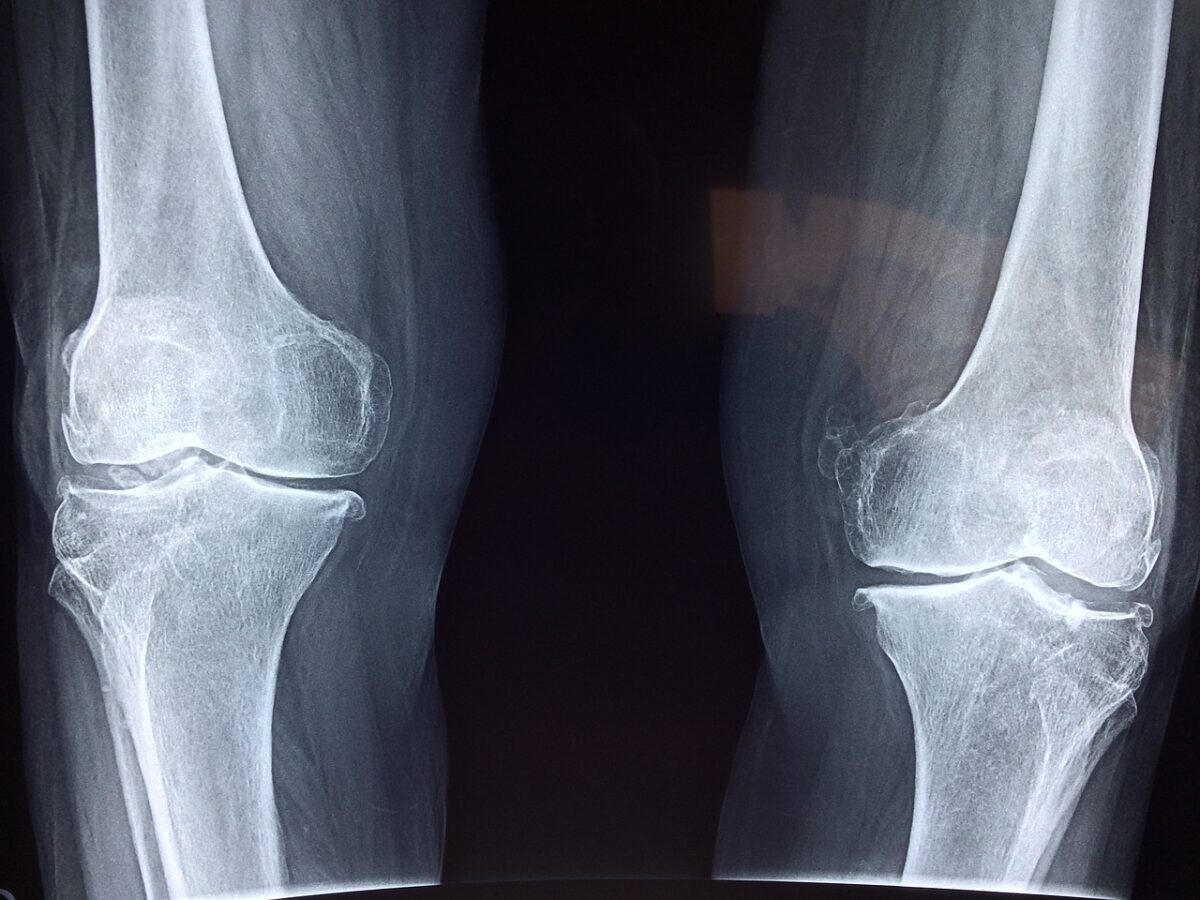The Importance of Gut Health for Men: Why It Matters and How to Fix It
Most guys don’t think too much about their gut—until something goes wrong. But your gut isn’t just about digestion; it plays a key role in your overall health, from your immune system to your mental clarity and even your energy levels. When your gut is in good shape, everything works better. When it’s out of whack, you can experience bloating, fatigue, and trouble losing weight.
Let’s break down why gut health matters for men and how you can improve it to feel your best.
Why Gut Health Matters
Your gut is home to trillions of microorganisms—good bacteria and bad—that make up your microbiome. These bacteria help your body break down food, absorb nutrients, and fight off harmful invaders. A balanced gut keeps things running smoothly, but when your gut is out of balance (a condition called dysbiosis), you can experience all sorts of issues, like:
- Digestive problems: Bloating, constipation, diarrhea, and gas.
- Low energy: When your gut isn’t absorbing nutrients properly, it can leave you feeling tired and sluggish.
- Weight gain: An unhealthy gut can make it harder to lose weight and can even contribute to belly fat.
- Brain fog: The gut-brain connection is real—when your gut isn’t happy, your focus and mental clarity take a hit.
Common Signs of Poor Gut Health
If you’re experiencing any of these issues, it might be time to pay attention to your gut:
- Frequent bloating or gas.
- Irregular bowel movements (either too frequent or not enough).
- Food sensitivities.
- Fatigue, especially after meals.
- Cravings for sugar or processed foods.
How to Improve Your Gut Health (Lectin-Free Style)
The good news is that you can turn your gut health around with a few simple, lectin-light dietary changes. Here’s what to focus on:
1. Add More Fiber-Rich Foods
Fiber is essential for gut health because it feeds the good bacteria in your gut, helping them thrive. Foods rich in prebiotic fiber promote the growth of healthy bacteria, which in turn improve digestion and metabolism.
Lectin-Light Fiber Sources:
- Leafy greens like spinach and kale.
- Flaxseeds and hemp hearts (great for adding to smoothies or yogurt).
- Avocados (fiber-rich and loaded with healthy fats).
- Asparagus and garlic (both excellent sources of prebiotics).
2. Introduce Probiotics
Probiotics are live bacteria that help balance your gut microbiome. When your gut bacteria are out of balance, introducing more probiotic-rich foods can help restore harmony.
Probiotic Foods:
- Sauerkraut and kimchi (make sure they’re raw and unpasteurized).
- Kefir (a fermented drink that’s loaded with good bacteria).
- Coconut yogurt (lectin-free and a great dairy alternative).
Pro Tip: If you’re not getting enough probiotics through food, a high-quality probiotic supplement can help. Look for one with multiple strains like Lactobacillus and Bifidobacterium.
3. Reduce Sugar and Processed Foods
Sugary, processed foods feed the bad bacteria in your gut, causing an imbalance that can lead to bloating, cravings, and weight gain. Cutting back on sugar and processed carbs is key to restoring gut health.
Healthy Alternatives:
- Swap out sugar for monk fruit or stevia.
- Choose whole foods like vegetables, nuts, and seeds over packaged snacks.
- Opt for lectin-free grains like sorghum or millet, instead of wheat or corn.
4. Stay Hydrated
Water is crucial for digestion, helping food move through your system smoothly. When you’re dehydrated, digestion can slow down, leading to constipation and discomfort.
Pro Tip: Aim for at least 8 glasses of water a day, and consider herbal teas like peppermint or ginger to soothe digestion.
Bottom Line: A Healthy Gut = A Healthier You
Your gut health has a direct impact on how you feel day-to-day, from your energy levels to your weight. By focusing on fiber-rich foods, adding probiotics, cutting out sugar, and staying hydrated, you can restore balance to your gut and start feeling better fast. Remember, a healthy gut isn’t just about digestion—it’s key to your overall well-being.











